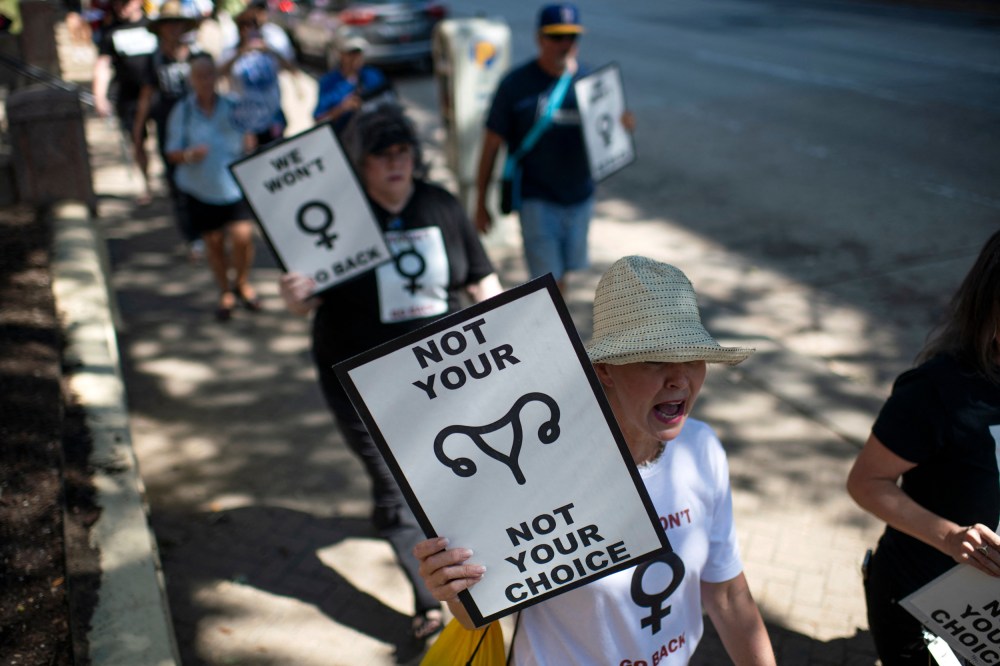The Supreme Court’s decision that there is no longer a constitutionally protected right to an abortion was never going to end the legal fighting over the practice. If anything, that decision will deepen the legal fault lines over who has legal access to abortions in our country.
Some conservative activists are now trying to make it more difficult to obtain medication abortions (which account for more than half of all abortions in this country) in every state across the country.
If these activists are successful, it will have dire consequences not just for women’s ability to obtain safe and effective abortions, but also for everyone who relies on the Federal Drug Administration’s approval process.
There’s no factual or legal merit to the suit, but that doesn’t mean it will be unsuccessful.
Currently medication abortions involve two pills — mifepristone and misoprostol. The FDA approved the use of mifepristone for medication abortions over two decades ago, in 2000. It has been used thousands of times since. In some other countries, only misoprostol is used for medication abortions, but using both medications increases their safety and efficacy.
But none of that is stopping some anti-abortion activists from filing a lawsuit in a federal court in Texas to undo the FDA’s approval of mifepristone. They claim that in approving mifepristone, the FDA abdicated its responsibility to protect women and girls. There’s no factual or legal merit to the suit, but that doesn’t mean it will be unsuccessful.

The suit should fail because, among other things, those challenging the approval of mifepristone cannot demonstrate that they have standing to sue, which requires that plaintiffs are injured, that the action they are complaining of caused that injury, and that a favorable court ruling would help to remedy that ruling. The anti-abortion medical providers and associations bringing the case claim that a future patient might seek their help after having taken mifepristone and suffering a rare side effect from that medication. This is simply not the type of hypothetical and speculative injury that can establish standing.
The real point of the suit, quite obviously, is to make it more difficult for women to have abortions, even in blue states where abortions are legal. When the Supreme Court overturned Roe, it left it up to the states about whether to ban, restrict or allow abortion. It also left open the possibility that the federal government could restrict the methods used to obtain an abortion.
It was predictable that anti-abortion activists would try to chip away at the easiest and most common form of abortion.
District Court Judge Matthew Kacsmaryk, appointed by former President Donald Trump, will be the first to decide the case. Kachmaryk is known for his conservative views on abortion rights. He is the one hearing the case because those challenging the use of mifepristone sought him out, knowing their chances of success were perhaps highest with him as the judge.













